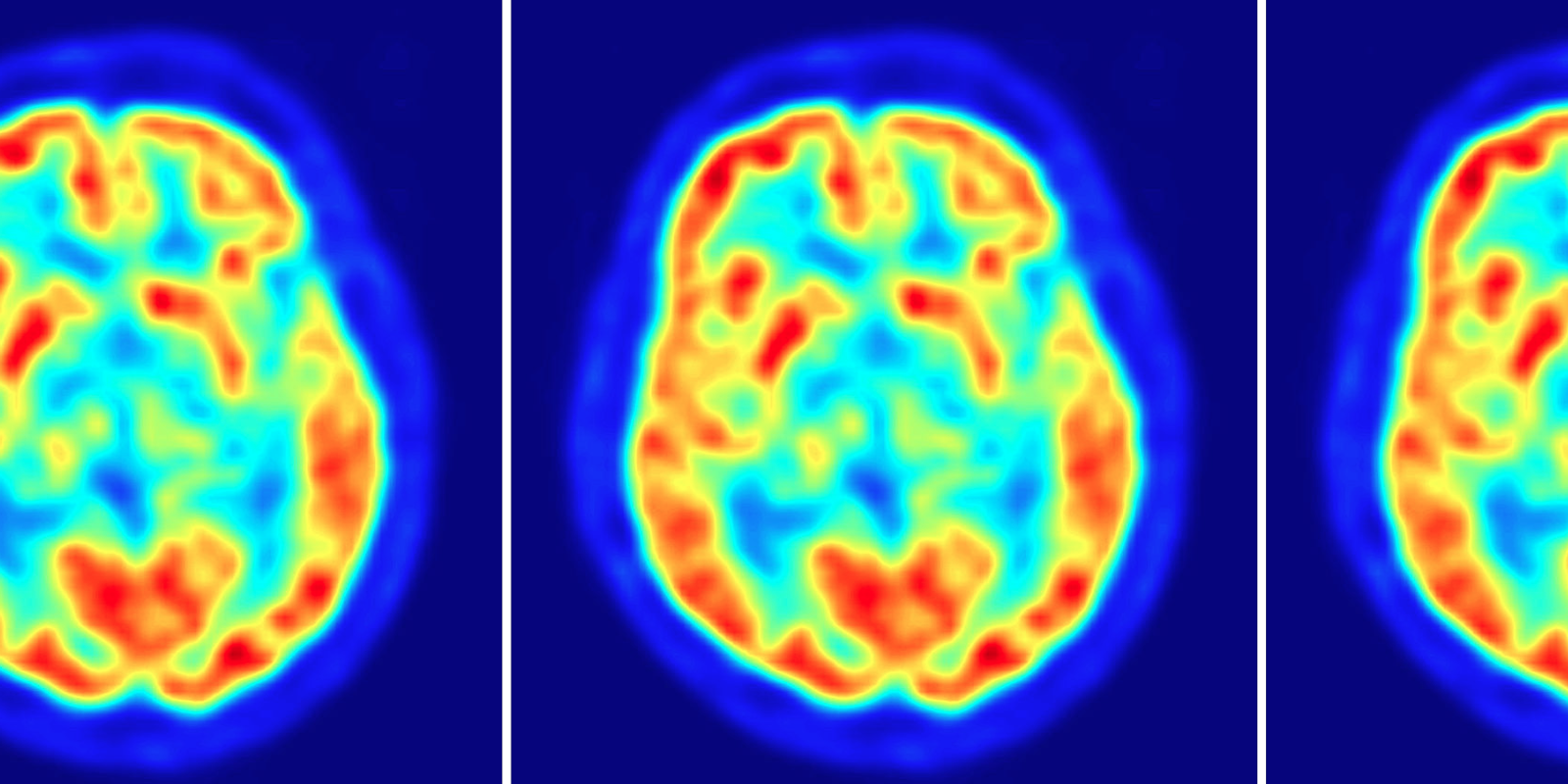Sergio Canavero, a professor at the Turin Advanced Neuromodulation Group in Italy, is planning to perform the world’s first head transplant in China later this year. But that’s not all. After that, the ambitious neuroscientist plans to perform the world’s first brain transplant, using a cryogenically frozen brain and a donor body.
One would expect the timeline for the latter to happen somewhere in the realm of tens to hundreds of years in the future. Canavero says he plans to do it in three.
Canavero claims to have successfully performed head transplants on a variety of small animals, including mice, rats, and dogs. Other experts, however, are decidedly dubious of Canavero’s purported results.
While he does have some sort of experience transplanting heads, it does not appear that Canavero has any experience dealing with cryogenics—despite what a conversation with the German magazine Ooom might suggest.
“It has many advantages,” Canavero told Ooom about the proposed brain transplant procedure. “There are practically no immune reactions or rejections. We could attempt to reawaken cryogenically frozen brains.”
Replacing a human brain with a cryogenically frozen one? Dead simple!
But Gizmodo discovered that Canavero has not reached out to any cryonics companies at this point. In fact, the company that Canavero said he plans to work with, the Scottsdale, Arizona-based Alcor Life Extension Foundation, told Gizmodo:
It is not yet possible to revive human brains cryopreserved with present methods. Revival of today’s cryonics patients will require future repair by highly advanced future technology, such as molecular nanotechnology.
The likelihood that he could take an incredibly complicated procedure and reverse engineer it in such that a way that the brain would revive unscathed is incredibly unlikely. However, if he was somehow successful, the world would have its first documented zombie.
H/T Gizmodo



